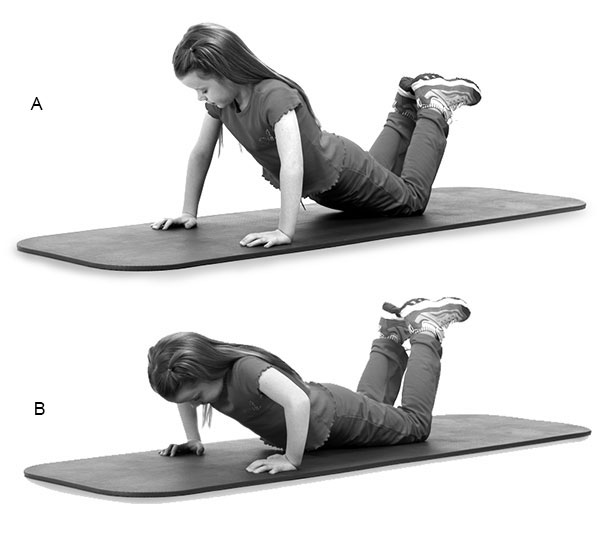Stick With Your Exercise Programs
If you're looking for a reason American men are fatter than ever, these stats might be enlightening: Fewer than one in five guys exercise long enough or consistently enough to produce any health-enhancing effects.
Not that they don't know better--97 percent say they understand the benefits of exercise. Problem is, 50 percent of exercisers bail out within 6 months of starting an exercise program. After 21 months, the dropout rate reaches an astounding 75 percent.
Jim Annesi, Ph.D., an exercise psychologist with the YMCA of Metropolitan Atlanta, has done groundbreaking research on exercise adherence and identified three reasons people turn into quitters: lack of self-management skills (you always find an excuse not to work out); lack of social support (nobody's around to keep you pumped up); and physical discomfort (basically, you just think exercise sucks).
How can you beat those problems? Adopt these survival tactics:
Tell your brain to shut its pie hole.
When your brain tells you not to exercise ("The boss is on the warpath, and I'm too stressed to work out"), force a more rational, positive thought into your head: "Exercise will help me relieve stress. I'll feel worse if I don't exercise this week." For every negative thought your brain generates, we bet you can counter with three positive ones. Use 'em.
Mark off the days.
After you complete a workout, mark down on your calendar what you did that day. If you perform a cardiovascular exercise such as running for 20 minutes, jot down "C-20."
If you complete your weight-lifting program, write "WL." This gives you written proof of your accomplishments, which studies have shown is strong motivation and reinforcement.
Give yourself a reward.
After an especially good workout, treat yourself to a whirlpool. After a week of consistent exercise, take your girlfriend out for dinner. After a month, buy yourself a CD boxed set. Or come up with your own plan. A long-term study of slightly overweight men showed that self-chosen rewards helped them reach their exercise goals.
Join a group or work out with friends.
A review of 113 studies published in the Journal of Sport and Exercise Psychology shows you're more likely to make a lifetime commitment to exercise if you have some kind of social support.
Distract yourself from the pain.
Psychologists call this "disassociation." You call it TV. Or music. Or Pilates hotties. No single distraction works for everyone, and studies suggest that multiple distractions may work best to improve exercise adherence.
In one study, researchers assigned 56 exercisers to one of four groups: music only, television only, music and television, and no distractions. The music-and-television group had about half the dropout rate of the three other groups. (They also registered significantly higher in aerobic capacity after a 14-week period.)
-
Abs Diet Leg Exercises: Lunges
Windmill LungeStand holding a pair of dumbbells at your sides, feet hi
-
Abs Diet: Weekend Workout Program
The Friday Workout The workday ends. The whistle blows, you slide down
-
9 Sneaky Ways to Eat Less
Eating too fast is making your waistline expand, suggest two new studi
-
The TRUTH About Energy Drinks!
Would you like some Monster Energy Drink with that coffee? That’s what
-
Abs Diet Weight Loss Success Story
Name: John Kelly Age: 40 Height: 61 Weight, Week 1: 215 Weight, Week 6
-
Weight Loss: Abs Diet Serving Sizes
Doling out food portions for a recipe or a diet plan is always a craps
- DON'T MISS
- Diet Str egies: 9 Weight Loss Rules
- Food Substitutions for Weight Loss
- Abs Diet weight loss tips
- The Russell Crowe Diet
- How to Predict Servng Size
- Weight Loss: Healthy Ethnic Food Recipes
- Weight Loss Success: Beat the Buffet
- 15 Fired-Up Foods that Burn Away Pounds
- Eat Out and Still Lose Weight
- Belly Off: Weight Loss Success Story




